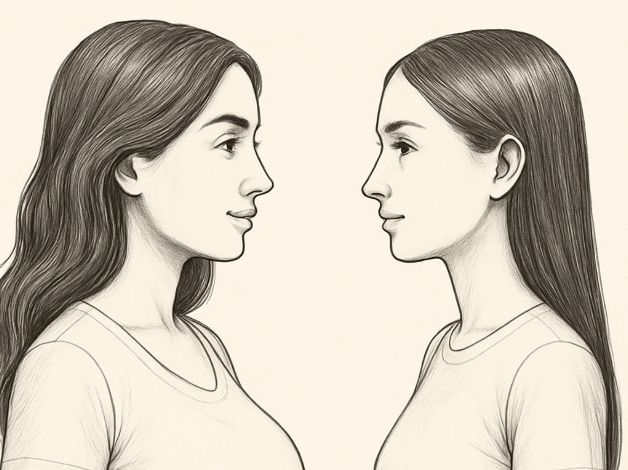For generations, breast size has been surrounded by cultural beliefs, myths, and misconceptions. Many women have quietly wondered if the size or shape of their breasts has anything to do with their overall health or hormonal balance. The truth is far more reassuring—and empowering. Breast size is not a marker of health, fertility, or femininity. Instead, true well-being comes from balance, lifestyle, and self-care.
What Really Determines Breast Size
Breast size is primarily influenced by genetics and hormones, especially estrogen and progesterone during puberty. These hormones guide breast development but affect every woman differently. Beyond hormones, other factors play a role:
- Age: Breasts naturally change throughout life, from puberty to pregnancy, breastfeeding, and menopause.
- Weight: Because breasts contain fatty tissue, weight changes can impact size.
- Lifestyle: Nutrition, fitness, and overall health contribute to appearance and shape.
It’s important to remember: small breasts do not signal poor health, and larger breasts do not automatically indicate a hormonal imbalance. Every body is unique.
Common Myths About Breast Size and Hormones
Myth 1: Small Breasts Mean Hormonal Problems
This is false. Women with small breasts can have perfectly healthy hormone levels, regular cycles, and strong fertility.
Continue reading on next page…

